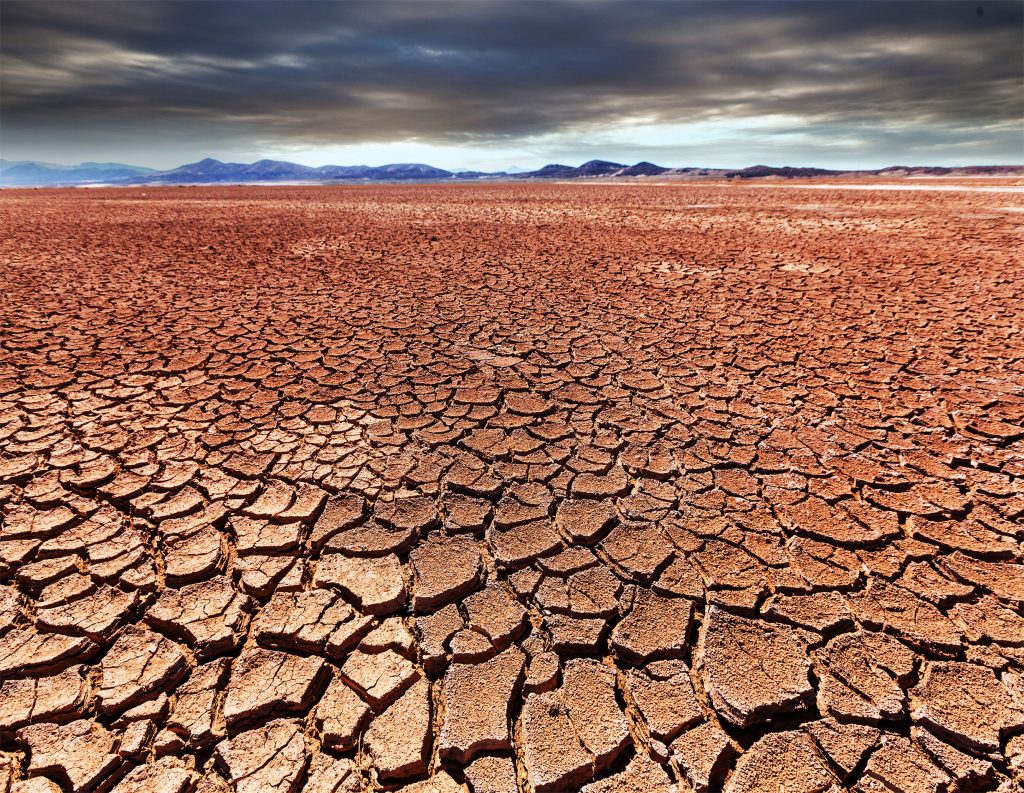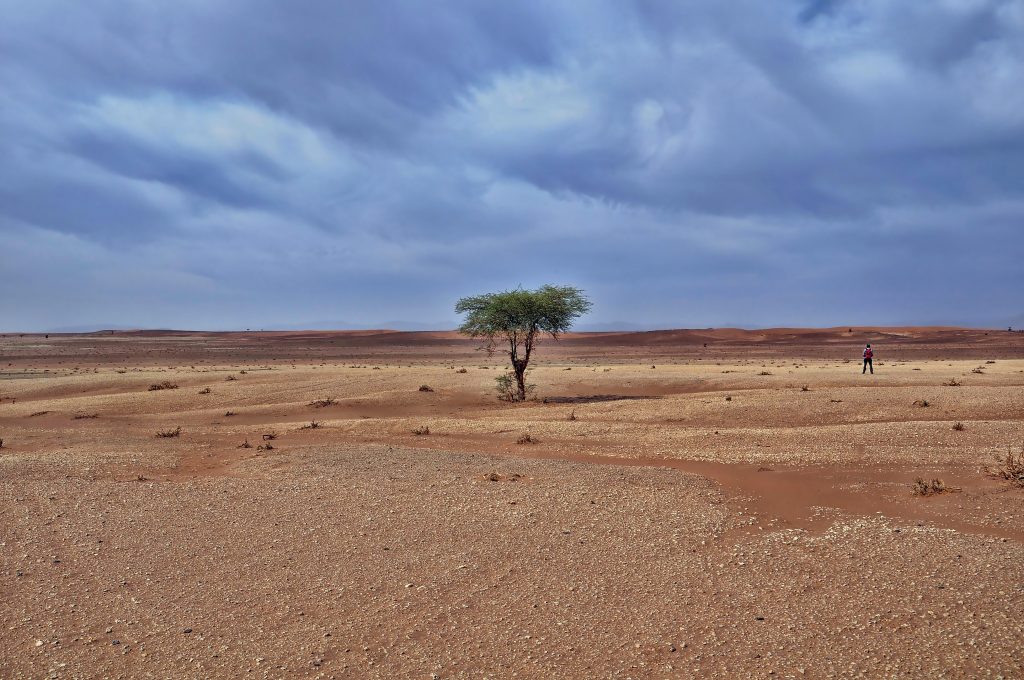

Climate justice and gender justice are two critical issues that are deeply intertwined. The impacts of climate change are not gender-neutral, as they disproportionately affect women and marginalized communities. Recognizing and addressing this correlation is essential for achieving a more just and sustainable world.
Women, particularly those in developing countries, often bear the brunt of the adverse effects of climate change. They are more likely to be dependent on natural resources for their livelihoods, making them vulnerable to environmental degradation and extreme weather events. Moreover, women face increased burdens due to the scarcity of resources caused by climate change, such as water and food insecurity.
Promoting gender justice is not only crucial for addressing the impacts of climate change but also for fostering effective climate action. Studies have shown that when women are included in decision-making processes, their unique perspectives and experiences lead to more sustainable solutions. Empowering women and promoting gender equality can enhance resilience, adaptation, and mitigation efforts.
Recognizing the intersectionality of gender, race, and socioeconomic status is vital in addressing climate justice. Women from marginalized communities face compounded disadvantages and are disproportionately affected by climate change. Therefore, climate justice initiatives should prioritize the inclusion and empowerment of these women to ensure fairness and equity.
Climate justice and gender justice are inextricably linked, and addressing one without the other is insufficient. By recognizing and addressing the gender disparities exacerbated by climate change, we can work towards a more equitable and sustainable future. Empowering women, promoting gender equality, and embracing intersectionality are crucial steps towards achieving climate justice for all.
